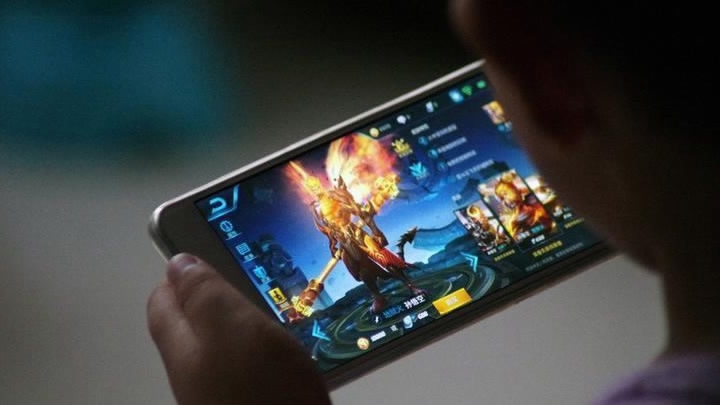
Opinions
14:51, 16-Jan-2018
Opinion: Winner takes all – in all
Guest commentary by John Gong

Two years ago I was acting as an expert witness for a corporate defendant in an antitrust lawsuit, concerning whether a multinational company’s patent licensing strategy as a means to restrict downstream competition constitutes an abuse of market dominance. And I was deposed by a ferocious plaintiff attorney with respect to the issue of whether this company’s pool of patents qualifies as an obscure legal term called the essential facility. Essential facility refers to something that competitors have to have access to, but is simply near impossible to replicate on their own. In other words, it is something non-substitutable.
In the court of law, the plaintiff attorney thundered at me in a sarcastic tone, "So, Professor Gong, could you name something in the world that is entirely non-substitutable?" I paused for a second, and snapped back, "Yes, for example, love!" A loud round of laughter burst out in the courtroom.
The attorney did not press me further, but I knew at the time my answer was not entirely relevant, as love is neither a product nor a service. Today, if asked the same question, I would have a better answer, with much more confidence – WeChat!
I am yet to run into someone in China who does not have WeChat on his handset.

"Honor of Kings” is Tencent’s top-grossing battle game. /Reuters Photo
"Honor of Kings” is Tencent’s top-grossing battle game. /Reuters Photo
If looking at Tencent’s latest income statement, one would be drawn to the conclusion that, contrary to a lot of people’s belief, Tencent is still fundamentally a gaming company – it doesn’t derive much revenue from anything else other than its gaming business. But Tencent has an astronomical market capitalization – something like half a trillion US dollars, simply because of one thing – WeChat.
The investors’ enthusiasm for WeChat is manifest in Monday's annual WeChat convention. The founder of WeChat, Zhang Xiaolong, gave a dynamite speech to a roaring crowd. He said WeChat’s future goal is to be everyone’s best daily life tool. Over the years, his developers have been adding new features and applications to WeChat, for things like e-commerce, e-payment, little gaming apps, food ordering, etc. You name it. Anything you need on a daily basis, WeChat has it, or is developing it. There are altogether some 300 apps currently, and hundreds more are brewing in the pipeline.

WeChat Pay is one of the leading digital payment platforms in China. /Reuters Photo
WeChat Pay is one of the leading digital payment platforms in China. /Reuters Photo
Tencent wants to be anything to everything in your daily life.
This is, essentially, the reality in the Internet age.
In the old days, market competition was in the form of reaching equilibrium where companies found their respective positions in the market with a certain market share, and the market equilibrium tended to be stable for at least several years. We economists call it a stable market structure.
But today in the Internet age, competition is all about totally destroying your opponent, since if not, you would be totally destroyed. Because of network externality, competition is cutthroat and all about life and death. Once you win, you win it all. We economists call it, "winner takes all."
But apparently for WeChat, this is an understatement.
I am now seeing the development of a new phenomenon displaying an unprecedented economy of scope in this business: winning in one product market can spill over into victory in all adjacent product markets as well. Hence, we have Alibaba, which other than peddling things online, is getting stronger and stronger in payment, consumer financing, logistics, entertainment, etc. The list goes on and on. The same is true for Tencent, as it gets well beyond social networking into e-commerce, payment, consumer financing, etc. This trend is unfolding relentlessly and further exacerbated by new technological developments in big data and artificial intelligence.
I have coined a new phrase for this, "Winner takes all – in all."
In the antitrust circle in China, there is a school of thought saying antitrust intervention by the government needs to be extra cautious as competition in the Internet industry is dynamic and Schumpeterian. Given some time, there will be new lion kings in the jungle, deposing the old ones. Well, didn’t Professor Schumpeter also say that the gale of creative destruction is perennial? How much longer shall we wait?
(The author is professor at the University of International Business and Economics. The article reflects the author's opinion, and not necessarily the view of CGTN.)

SITEMAP
Copyright © 2018 CGTN. Beijing ICP prepared NO.16065310-3
Copyright © 2018 CGTN. Beijing ICP prepared NO.16065310-3